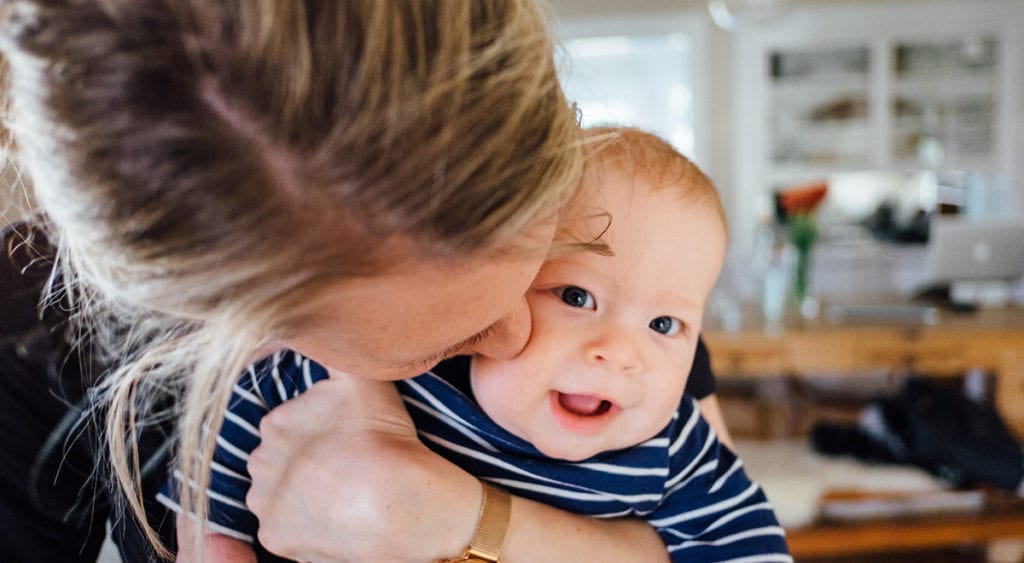Types of Trusts
Types of Trusts
There are multiple types of Trusts that have been around since the Middle Ages. They are a useful way of protecting and preserving wealth, achieving charitable goals or transferring wealth. Learn about the different types of Trusts here.
Family Trusts

A Family Trust works by removing assets from your personal ownership and transferring them to Trustees. This protects them from any claims that could be made against you personally.
Whether this kind of asset protection benefits you depends on various factors unique to your personal circumstances. At Perpetual Guardian we can provide you with all the information you need to help you make that decision.
We provide independent expert trustee services for the life of a Family Trust and ensure that:
- Accurate records are kept;
- All tax and other legal requirements are met;
- Trust documents are kept safe; and,
- You are kept up to date on any law changes that could affect your Trust.
Once you decide what assets you’d like to transfer to the Trust there are a number of decisions to be made including:
- Who you wish to be Trustee/s;
- Do you want an advisory trustee or a protector;
- Who should be the beneficiaries; and
- How do you want the Trust to be run.
We can help you with these decisions and ensure all accounting and tax matters are dealt with correctly. We also offer a comprehensive investment service to manage the Trust’s investments on behalf of the Trustees.
Charitable Trusts

A Charitable Trust is quite different from a Family Trust. To be valid it has to be established for one, or more, of four specific charitable purposes:
- The relief of poverty;
- The advancement of education;
- The advancement of religion; or,
- Other purposes beneficial to the community.
This means that while a Family Trust can be established for private purposes, a Charitable Trust must have some element of public function. When set up correctly, it can also obtain a favourable tax status which means any charitable giving is maximised.
Many Charitable Trusts have specified beneficiaries. Sometimes these are ‘discretionary’, which means the Trustees or an advisory group decide where grants are distributed. In such cases, the Trustees may apply for funds with publicly listed charities and organisations.
There are additional administrative requirements in managing a Charitable Trust, particularly around registration and reporting.
We’ve been managing Charitable Trusts for over 100 years here at Perpetual Guardian. Today, we manage over 600 Charitable Trusts and distribute $40 million per year. We also provide investment expertise, an investment fund for charities, advice on granting policies and processes for reviewing the effectiveness of any charitable grants.
If a Charitable Trust isn’t the right fit for you, the Perpetual Guardian Foundation is another way you can satisfy your charitable intent. Find out more here.
Want to find out more about setting up a Charitable Trusts or getting involved with the Foundation? Get in touch.
Inheritance Trusts

Many of us wish to transfer wealth to our children and wider family.
Traditionally, this is done through a Trust established during your lifetime. Even more common is to leave an inheritance as a gift in your Will. One thing to be aware of with gifting in your Will is that there is a risk of claimants challenging the Will.
Let’s say your gift property under your Will. On its own, this gift is deemed separate property under the Property (Relationships) Act 1976. It does not form part of the beneficiary’s relationship property, which can be claimed by a spouse or partner. However, as soon as a gift becomes intermingled with joint bank accounts or property, it is no longer separate and is at risk.
That’s where an Inheritance Trust can be useful. It works through transferring your assets under your Will to an Inheritance Trust that you’ve established during your lifetime. This means you can keep assets in your own name until they’re transferred and protected for your chosen beneficiaries.
We can help you structure Inheritance Trusts appropriate for your personal situation. We can also help you decide and document your wishes on how the Inheritance Trust should be administered. This becomes important as separate Inheritance Trusts should be established for each person you want to benefit.
Extra tip: Before you set up your Inheritance Trust, make sure you update your existing Will.
Funeral Trusts

The death of a loved one is never easy, but there are ways to lighten to the burden.
By setting aside funds for your funeral now, your family will have one less thing to worry about and you can have the send-off you deserve.
Why pay now?
The cost of a funeral can run into the thousands. So paying in advance can help take a burden off your loved one’s shoulders.
Funeral Trusts are currently exempt from asset testing, so you can set aside up to $10,000 in a Funeral Trust without it affecting your Residential Care Subsidy qualification.
How does it work?
To ensure you get the funeral you want, it’s important the funds you set aside grow to accommodate for potential increases in funeral costs. That’s why Funeral Trust funds are invested in low-risk, short-term money market investments.
Then, when you die, your Funeral Trust funds will be immediately available to settle the funeral expenses. This is helpful for accessing early payment discounts for funeral costs. Any remaining balance will be paid to your executor for the benefit of your estate.
What are the costs?
Setting up a Funeral Trust costs $150. You’ll also need to fill out an application and make an initial minimum contribution of $3,000.
A management fee will be charged on the funds invested. There are no other fees to operate your Funeral Trust and no fee is charged when the funds are paid out. You’ll receive annual statements giving details of all the transactions over the previous year.
Taxation
Income earned on your Funeral Trust is taxed, like any other investment, at 33% as Trustee income. These earnings don’t need to be declared in your tax return as income.





